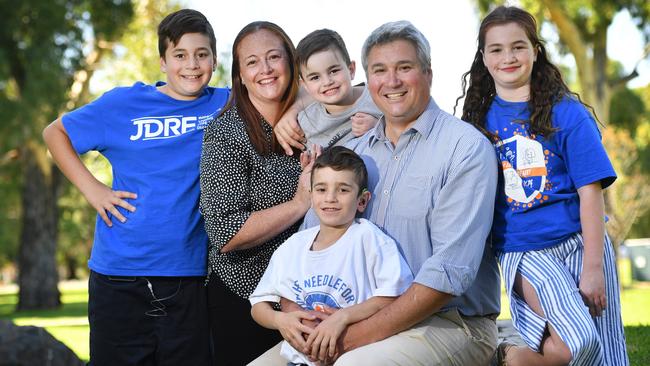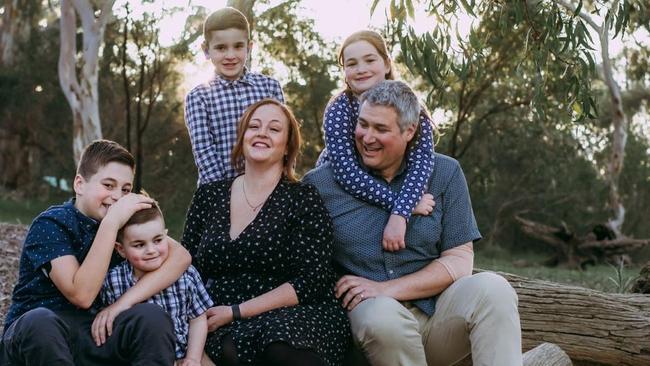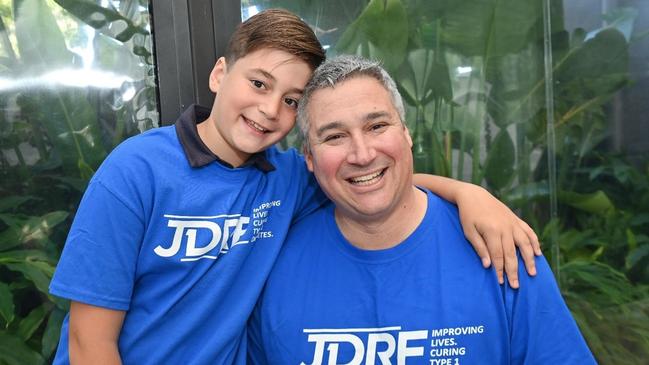Childhood diabetes study gets $12m funding boost
Jenny Couper has tracked 1500 children over the past 12 years as part of an Australian study transforming childhood type-one diabetes prevention.

Jenny Couper has tracked 1500 children over the past 12 years as part of a world first Australian study transforming childhood type 1 diabetes prevention.
The research, undertaken by diabetes non-profit organisation JDRF, aims to identify how genetics and the environment interact by tracking children with an immediate family member with diabetes in an effort to determine why some kids develop diabetes and others do not.
Professor Couper, from the University of Adelaide and the Adelaide Women’s and Children’s Hospital, said babies from the age of six months onwards started to develop the first stages of type 1 diabetes.
“They don’t actually need insulin for some time to come,” she said.
“We know if we’re going to prevent it we’re going to have to start early in life.”
Type 1 diabetes is a lifelong auto-immune condition that destroys the body’s cells that make insulin.
However, early identification of the disease can help prevent complications like severe diabetic ketoacidosis.
Researchers on the ENDIA study look at environmental exposures such as viral infection, the microbiome, immune function and nutrition, to understand their connection to onset of the lifelong auto-immune condition.
McLeod siblings Felicity, 5, and Elliott, 7, joined the trial after their sibling Julian, 11, was diagnosed with type 1 diabetes at the age of one.

Their father Damien McLeod said being part of the trial offered peace of mind when their children exhibited symptoms that could indicate diabetes, such as frequent urination.
“If we can find the cure that would be fantastic to be perfectly honest,” Mr McLeod said.
“It’s a prevention and getting on the front foot just in case the kids were showing any signs of diabetes.”
The JDRF study has just been extended by a $12m funding commitment by The Leona M. and Harry B. Helmsley Charitable Trust.
JDRF chief scientific officer Dorota Pawlak said the gold standard research was the first study to look at environmental triggers before a baby was born and to detect antibodies in the blood before symptoms developed.

“We call it (antibodies) silent because there are no symptoms other than markers in the blood, which you can’t see because there are no symptoms to it in everyday life, but the disease is already progressing,” she said.
University of Adelaide deputy vice-chancellor Anton Middleberg said the research would likely have a positive impact for people suffering from diabetes across Australia.
“The University of Adelaide prides itself on being a magnet for attracting and retaining talent who together produce world-leading research that solves real-world problems,” he said.
Health Minister Mark Butler said the government was committed to the ENDIA study and had first hand seen the benefits of the research.






To join the conversation, please log in. Don't have an account? Register
Join the conversation, you are commenting as Logout